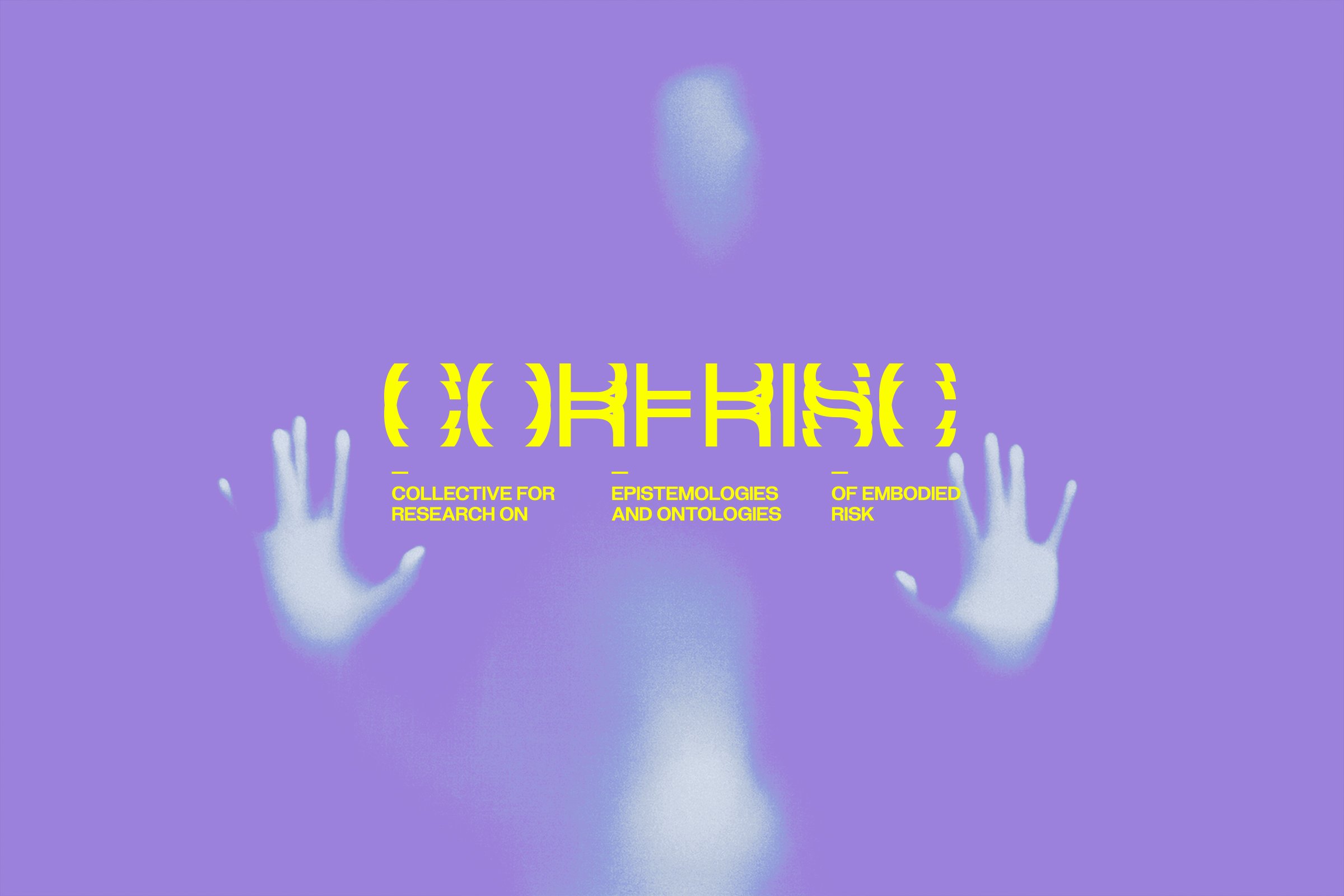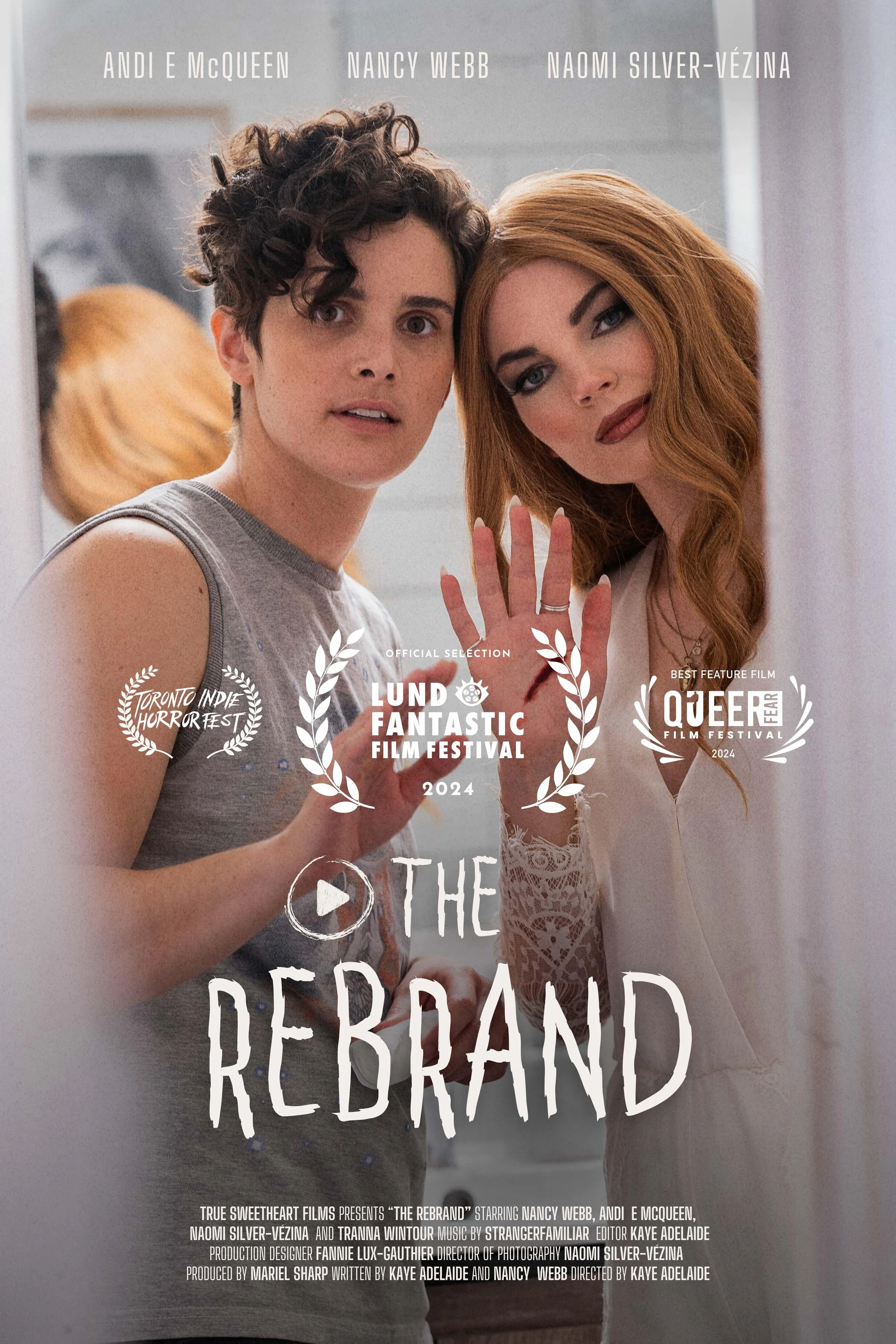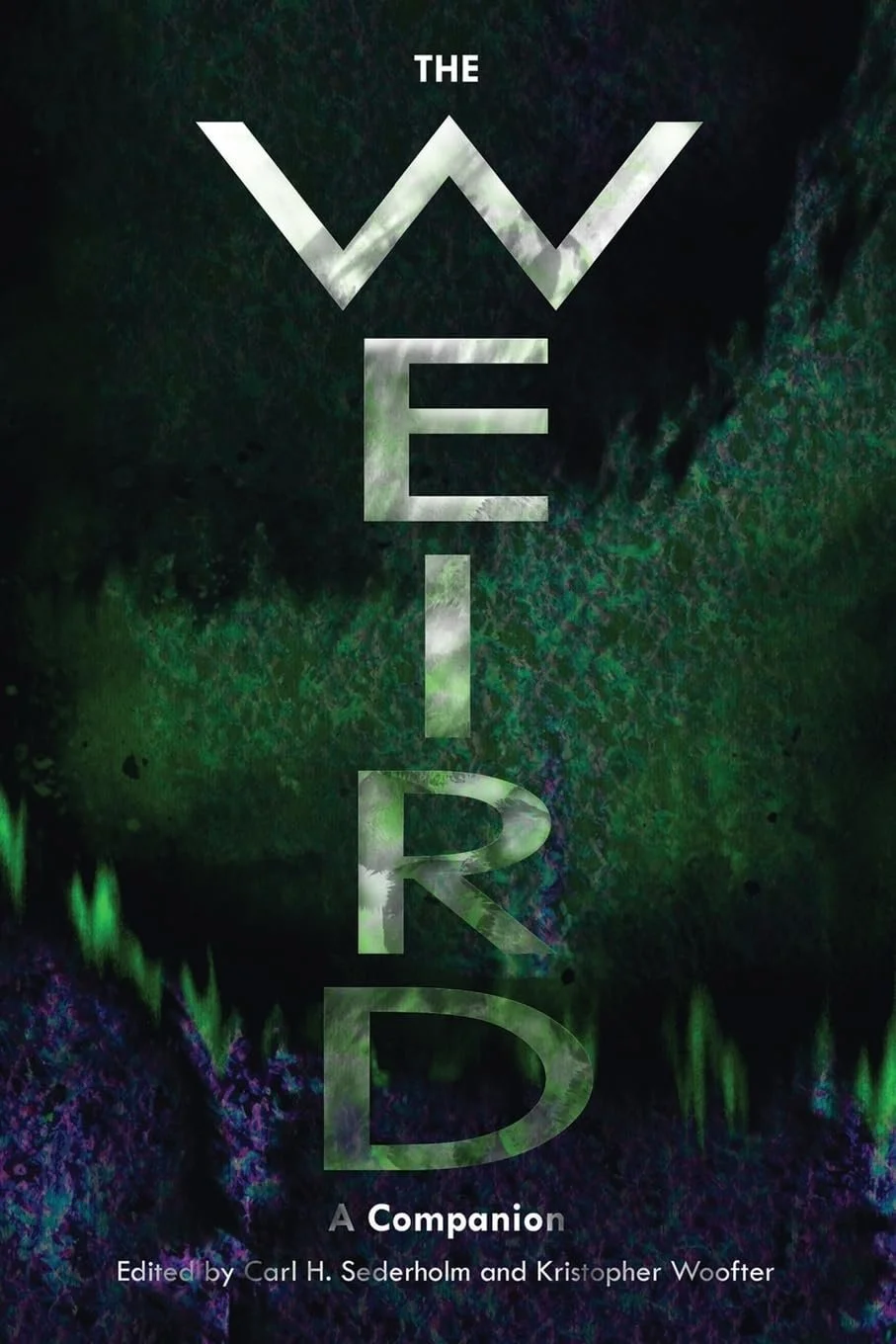
Latest News
UPCOMING EVENT
JAN 22 | 7.30 PM
FILM SCREENING: THE REBRAND
Join us for a special screening of Kaye Adelaide’s first feature film, the horror-comedy The Rebrand.
Synopsis: Nicole, an eight months-pregnant videographer is hired by a lesbian lifestyle influencers Thistle and Blaire to film a redemption documentary after they’ve been publicly cancelled, but Nicole quickly discovers that the couple have nefarious ulterior motives.
Dir. by Kaye Adelaide, 2025, 79 mins
WHERE
Peel Street Cinema
3475 Peel Street
WHEN
January 22, 2026
7.30 PM
NEW JOURNAL ISSUE
Guest-edited by horror scholar and fiction writer Mike Thorn, this robust issue presents six feature essays, two works of original fiction, a dossier of retrospective reviews, and two essays in our student forum.
Feature essays cover both literature and the moving image from a broad range of perspectives. From reorienting human and more-than-human animal perspectives in the essays by Poulomi Choudhury, Dru Jeffries, and Britt MacKenzie-Dale, to epistemological and ontological shifts in the way we think of human and more than-human ecologies in the essays by Zoë Anne Laks, Jenni Makahnouk, and William Taylor, and the Introduction by Mike Thorn, the contributions to this special issue explore the challenge of thinking beyond harmful anthropocentric and hegemonic capitalist world systems.
Vegan and Animal Liberation Horror
MONSTRUM 8.2
December 2025
NEW PUBLICATION
THE WEIRD: A Companion
Weird works unsettle, decentering humanity on a cosmic scale and, at other times, breaking down the human barriers erected around race, class, gender, and sexuality. Featuring a comprehensive editors’ introduction to the Weird as a mode engaging with forms of knowledge, transcendence, and resistance, this collection offers a broad-reaching discussion of Weird fiction, film, art, and thought. Its 31 essays explore theoretical and philosophical applications of the Weird, such as Black Metal Theory, and key Weird themes and tropes such as cosmic horror, radical embodiment and sensation, dark ecological speculation, and forms of alterity. Essays are highly varied in period focus and subject matter, ranging from early Weird works by William Hope Hodgson and Conan creator Robert E. Howard, to the surrealist paintings of Leonora Carrington, to more recent works by David Lynch, Octavia Butler, and Yorgos Lanthimos.



